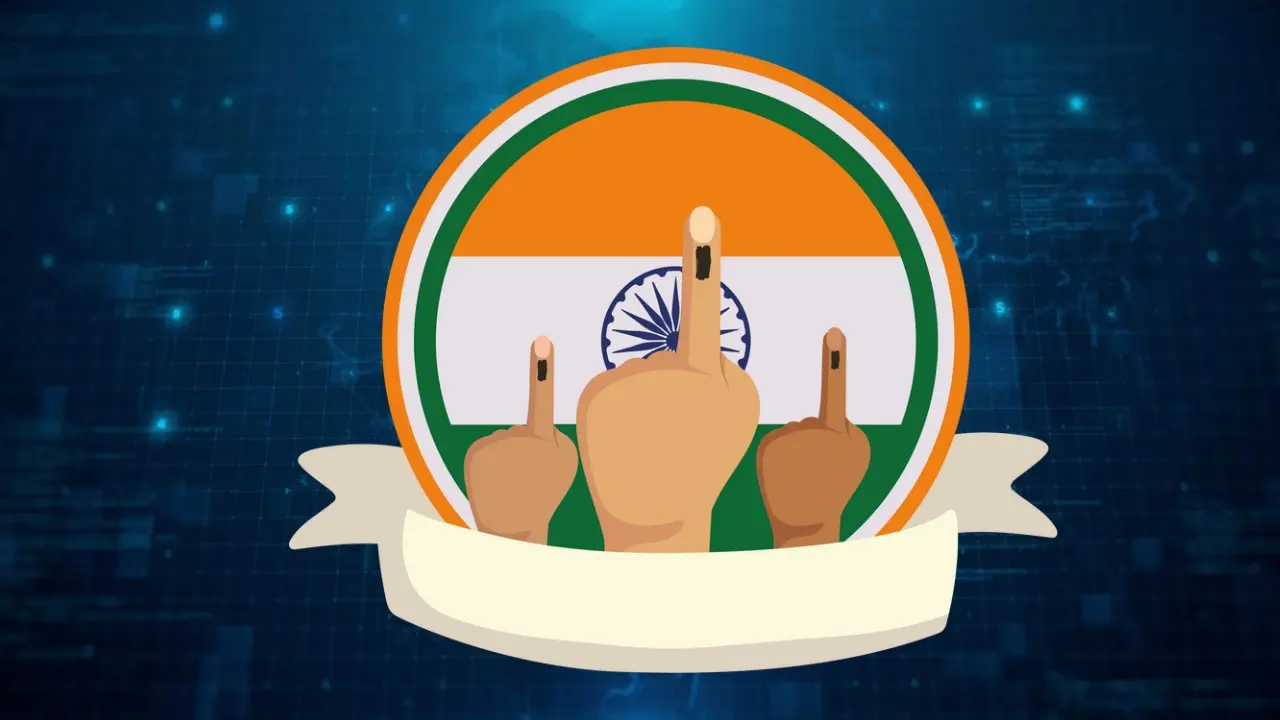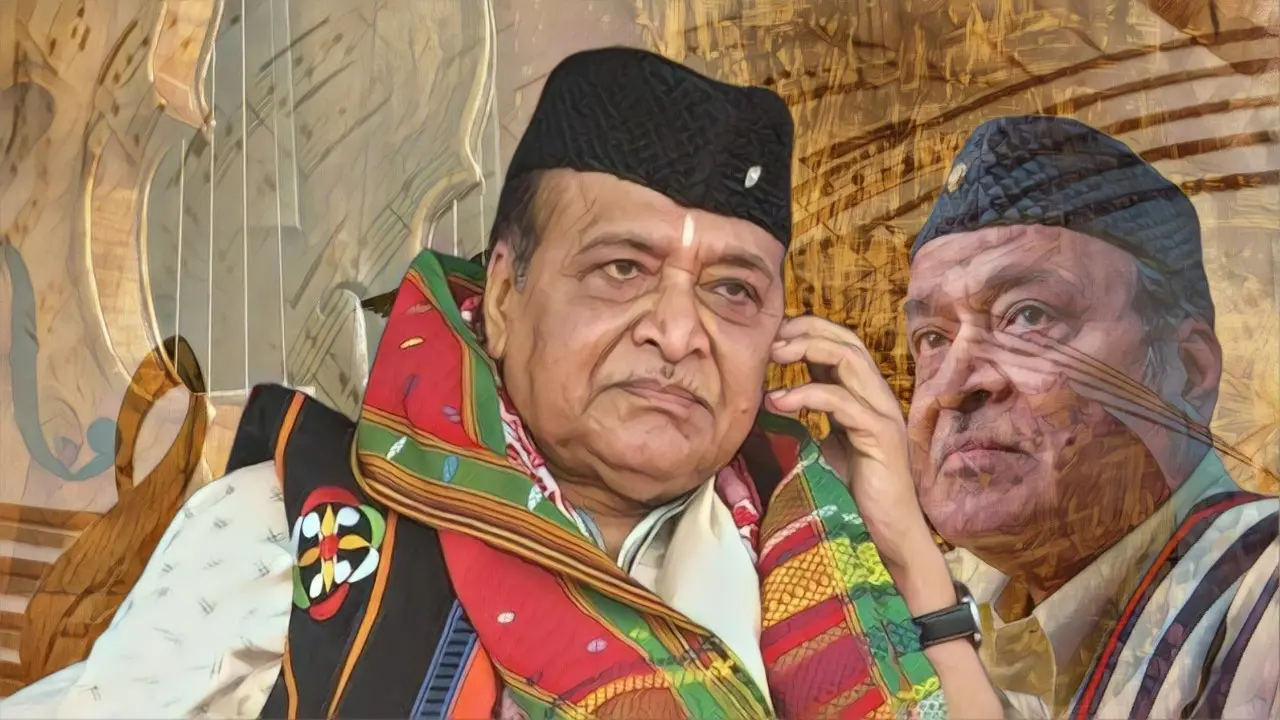A Balanced Mandate: India’s 2024 Elections and the Rise of a Strong Opposition

2024 General Elections: India Charts New Political Landscape with Fragmented Mandate
Irfan Khondker, Advocate, June 05, 2024: The 2024 General Elections have delivered a nuanced verdict that heralds a transformative phase in Indian politics. While the Bharatiya Janata Party (BJP) continues to be a formidable force, the electorate has clearly signaled a preference for robust checks and balances by avoiding an outright majority. This decision underscores the maturity of the Indian democracy, reflecting a collective desire for a balanced governance structure where a strong opposition is pivotal.
In the latest election results, the fragmented mandate has invigorated the opposition, creating a vibrant and competitive political landscape. Regardless of who forms the government, be it a coalition led by the BJP or a newly-formed INDIA alliance, the presence of a potent opposition is undeniable. This development is a testament to the electorate’s strategic choice, ensuring that no single party can dominate without accountability.
The resurgence of regional parties and the revival of the Indian National Congress (INC) have fortified the opposition benches. The INC’s improved performance, coupled with significant gains by regional powerhouses indicates a broader discontent with unipolar governance. This coalition of opposition forces is well-positioned to question, critique, and influence policy decisions, fostering a more transparent and inclusive legislative process.
The BJP, led by Prime Minister Narendra Modi, has undeniably transformed the Indian political landscape with its brand of nationalism and development-oriented rhetoric. However, the electorate’s refusal to grant an outright majority reflects a cautious approach towards majoritarian politics.
This hesitancy stems from several factors that have influenced voter sentiment, that includes Economic Challenges. Despite ambitious economic reforms, the benefits have not been uniformly felt across all strata of society. Issues such as unemployment, agrarian distress, and inflation have eroded some of the BJP’s support base, prompting voters to consider alternatives.
Meanwhile, the 2024 elections underscore the electorate’s endorsement of a balanced power dynamic, where the government is counterbalanced by a vigilant and capable opposition. This balance is crucial for safeguarding democratic values, promoting nuanced policy debates, and preventing the excesses of absolute power.
For the BJP, this electoral outcome is a call for introspection. It presents an opportunity to recalibrate its approach, addressing the socio-economic concerns of a diverse electorate while fostering a more inclusive and harmonious national discourse. For the opposition, this is a mandate to rise to the occasion, offering constructive criticism and viable policy alternatives, thus enhancing the quality of governance.
To conclude, the 2024 General Elections have carved a new chapter in Indian politics, one that promises a more dynamic and participatory democracy. The fragmented mandate is not a sign of instability but rather a profound expression of the electorate’s wisdom. It emphasizes the need for collaborative governance, where diverse voices are heard, and consensus is built through dialogue and debate.
As India moves forward, the interplay between a strong government and an equally strong opposition will be crucial in addressing the myriad challenges facing the nation. This electoral verdict is a clarion call for a mature, responsive, and accountable political ecosystem that truly reflects the aspirations of its people.
Also read: Amritpal Singh’s Legal Counsel and Wife Visit Him Following Election Victory




